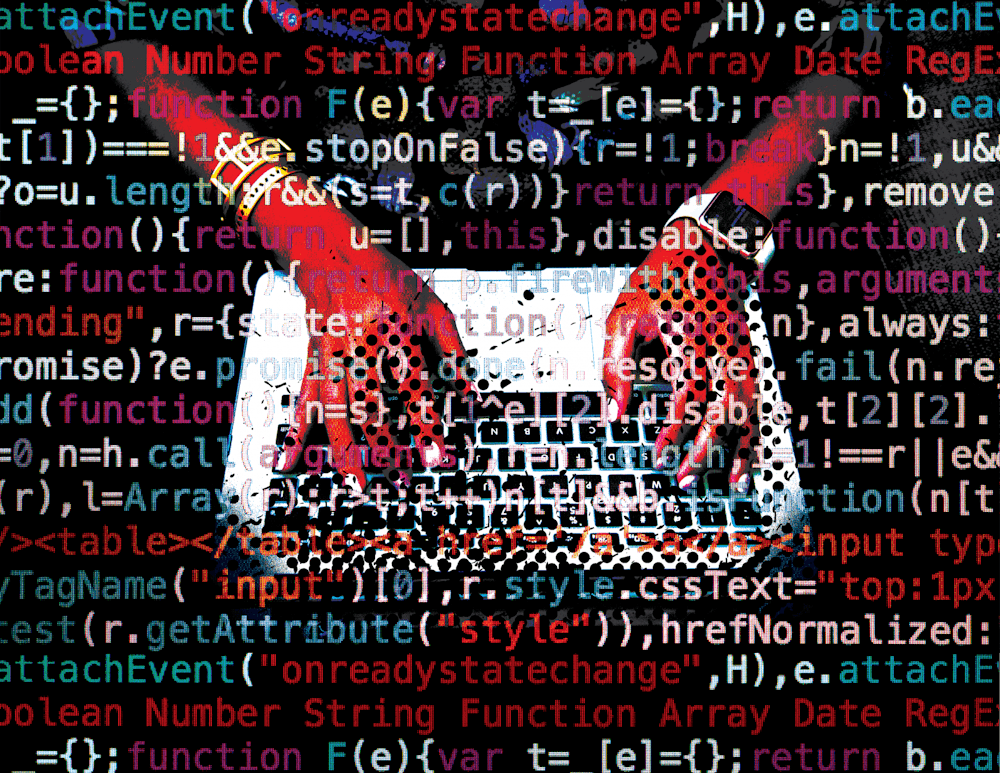The fear of robotic uprise has occupied the human psyche and popularized mainstream media for decades. It’s not an unrealistic fear, either. This subtle replacement happens every day as we buy into new technology. I remember when my dad’s culinary career was “replaced” by an air fryer.
We live in a capitalist society where efficiency is the goal and the ends justify the means. So, when companies can bolster the bottom line by replacing you with nuts and bolts, they will — and actually, they did. Last Wednesday, Mark Zuckerberg fired over 11,000 employees – almost 13 percent of all Meta staff.
Zuckerberg isn’t the only one telling his employees to kick the can. Elon Musk has recently obsessed media outlets with his hasty firings. Twitter, too, made roughly 3,700 layoffs after Musk bought the platform — though he asked some employees to come back after he sent them packing, according to Business Insider.
Apple and Amazon are also minimizing labor costs. Thursday, Amazon announced they aren’t hiring anyone for the next few months after their forecasted revenue for the holiday season was below expectations. Consequently, stock in the company has fallen over 47 percent. Apple instituted a corporate hiring freeze and their stock dove 25 percent.
Google is another tech giant taking a hit. Though its parent company Alphabet isn’t touting terrible news, they are suffering by association, down almost 4.71 percent in the last month.
Though downsizing sent investors to the hills, it isn’t bad business — it’s quite the opposite. These layoffs are a result of avant-garde financial modeling. In tech, the marginal product of capital is greater than that of labor, so tech is making that switch. The Facebook fires aren’t a result of an incompetent industry, but a move toward automation. While Zuckerberg fired 11,000 people, he is also moving towards investing $15 billion into the Metaverse. Still, tech stocks crashed because people heard the stories of the newly unemployed, not the brand-new machinery.
Picture this: all the Safe Walkers got fired. Well, let’s first assume that these Safe Walkers were paid a living wage. Continue picturing the Safe Walkers sadly walking home, because UNC decided to hand out tasers to students leaving Davis Library after 10 p.m. instead of investing in Safe Walk. These tasers don’t require healthcare benefits or safe working conditions – only an upfront investment. Long term, these tasers are more efficient, and that’s what matters.
From an investor standpoint, I’m not worried about big tech. Like most ups and downs, these market oscillations are mostly just noise. Alphabet boasts an incredible income statement. Diving deep into financial forensics reveals that, despite the noise, Google is doing just fine.
EBITDA is a stock valuation indicator reflecting "earnings before interest, taxes, depreciation and amortization" and shows the real cash flow of a company. Alphabet's EBITDA of $94.13 billion reveals a comfortable cash endowment — and the resulting $100.13 billion invested in working capital.



